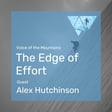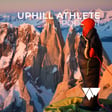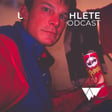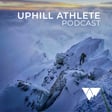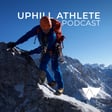
Tragedy on the Haute Route- A Conversation with Steve House
In April 2018 Steve House and another mountain guide were the first to discover a massive tragedy that ultimately took the lives of seven skiers. Swiss National Television recently released a documentary on the incident, Todesfalle (Death trap) Haute Route, a film directed by Frank Senn. Steve recounts his experience of the catastrophe and digs into what it means to be a first responder, guide and most of all a human, when faced with the loss of human life. Alyssa and Steve grapple with the questions of luck, human error, preparedness and individual responsibility. They dissect the judgment often associated with accidents and attempt to reconcile how to learning from these tragedies and supporting a community often faced with devastating losses.
Please write to us at coach@uphillathlete.com or visit uphillathlete.com for more information.
Link to Video: https://www.youtube.com/watch?v=zBbtfX16UFE&t=125s















